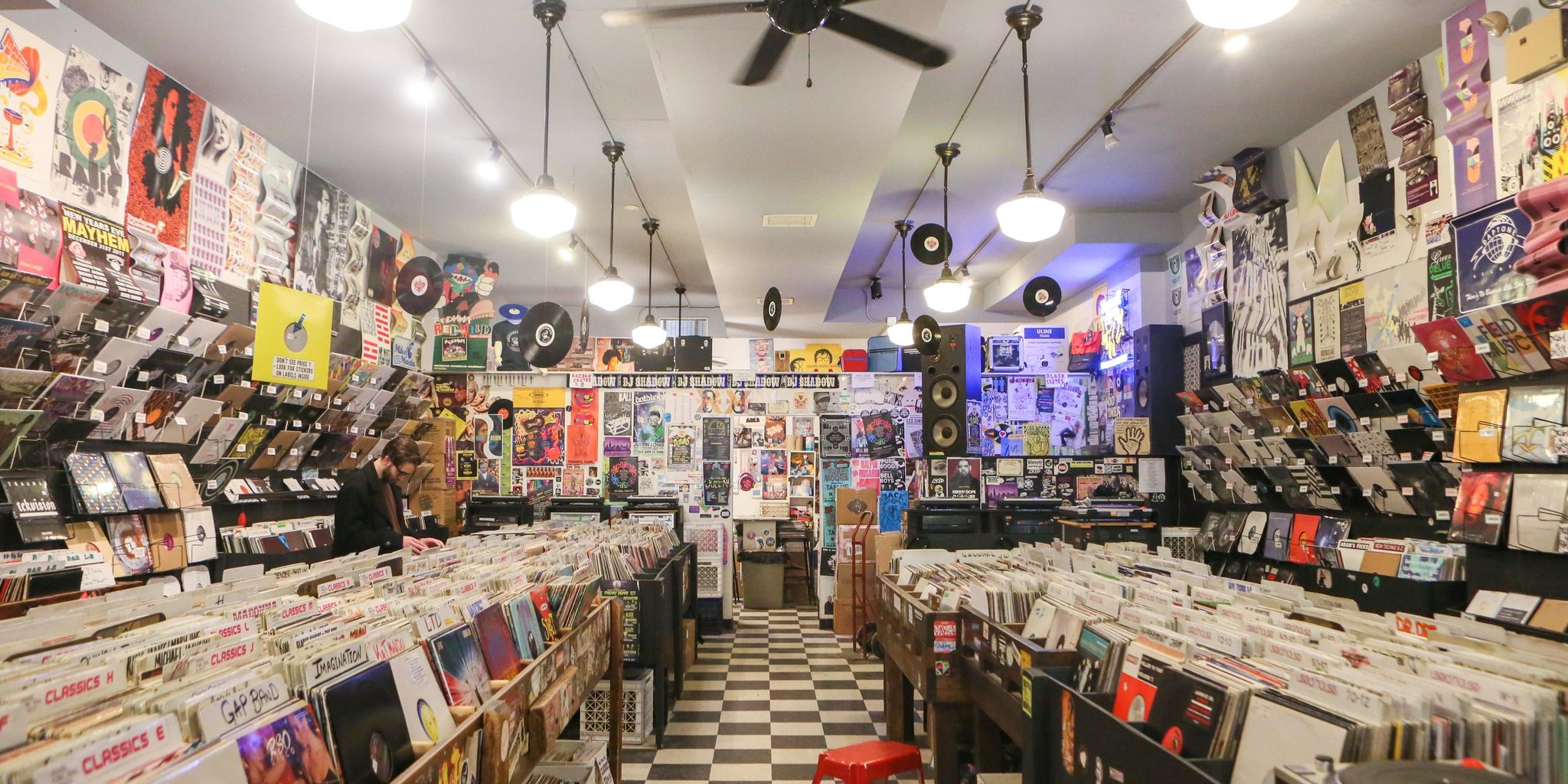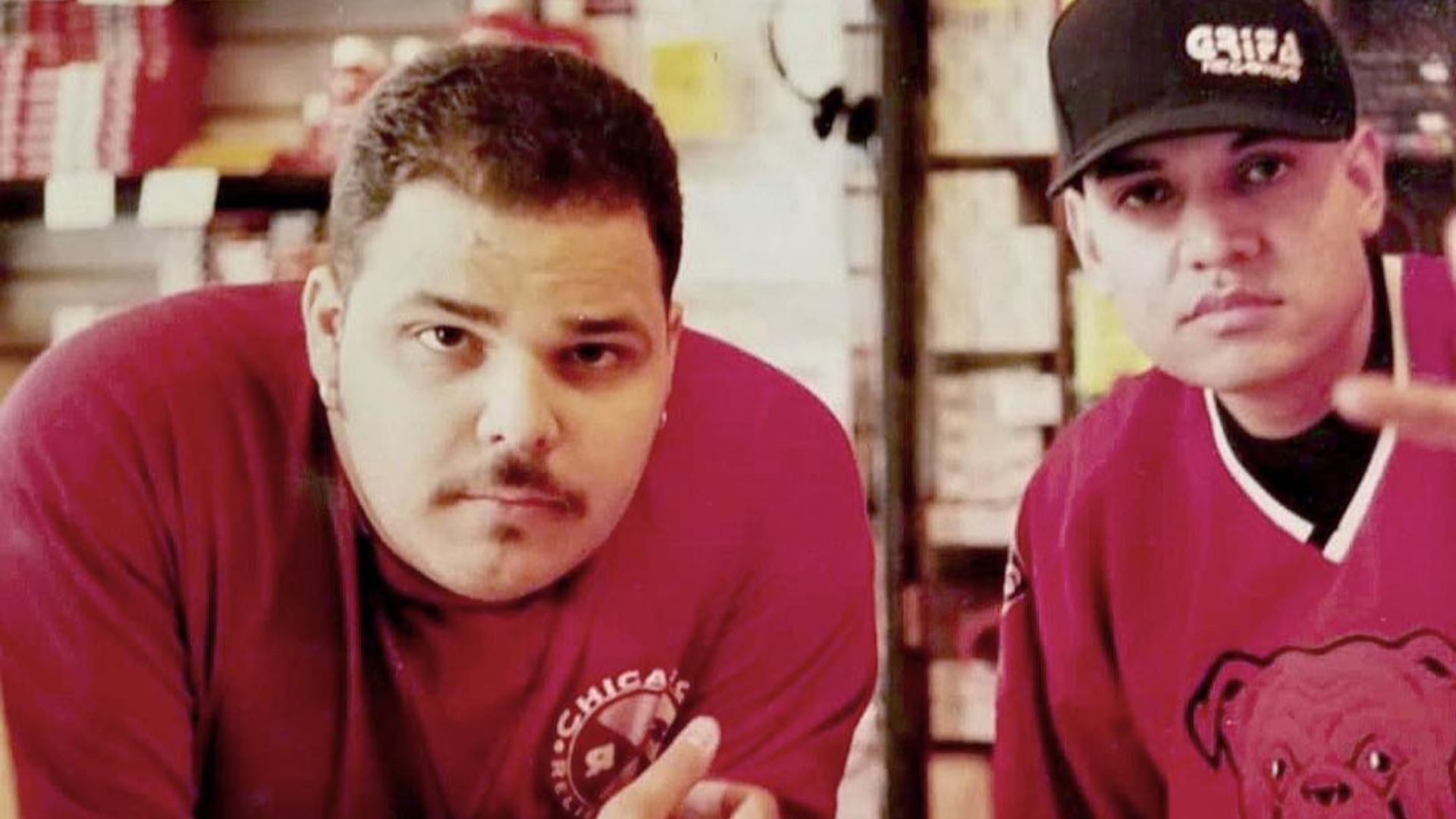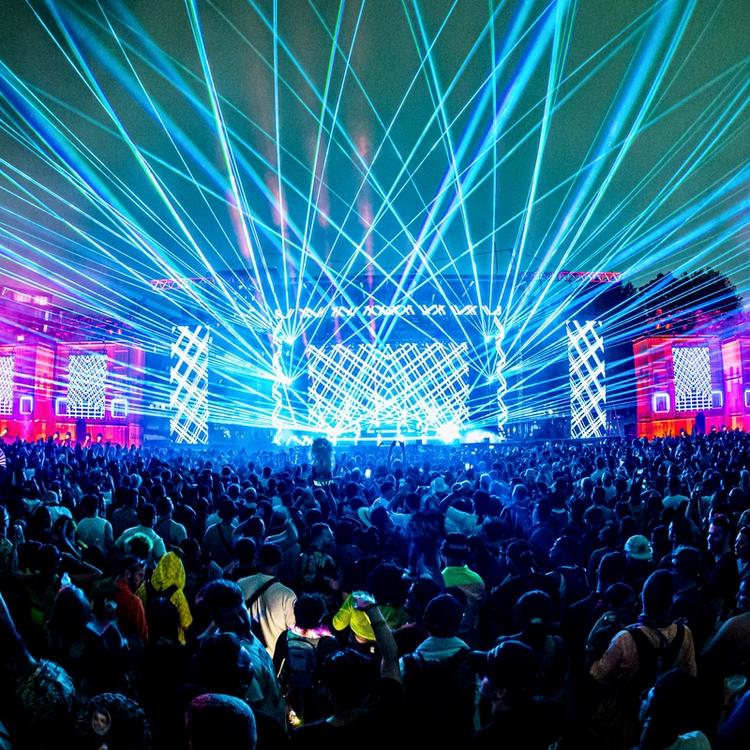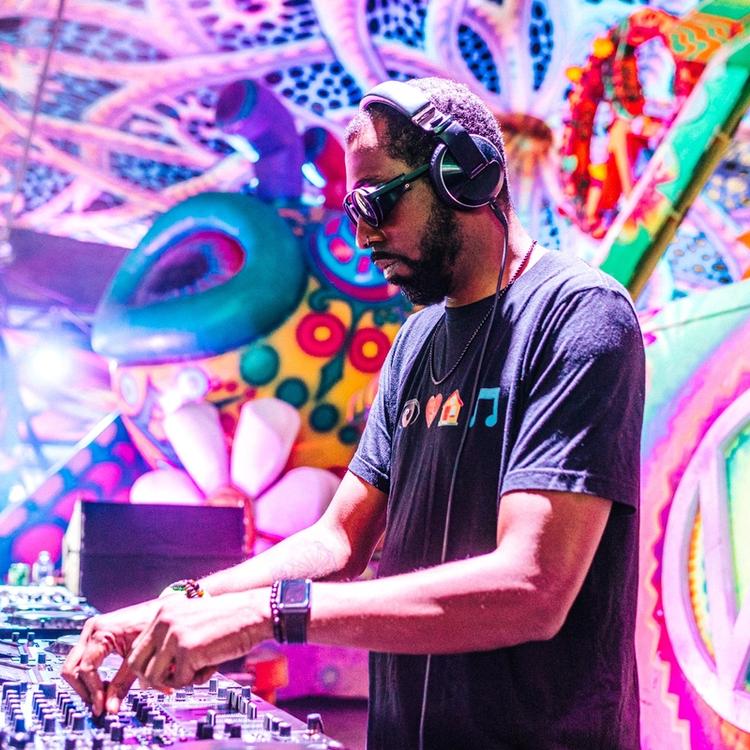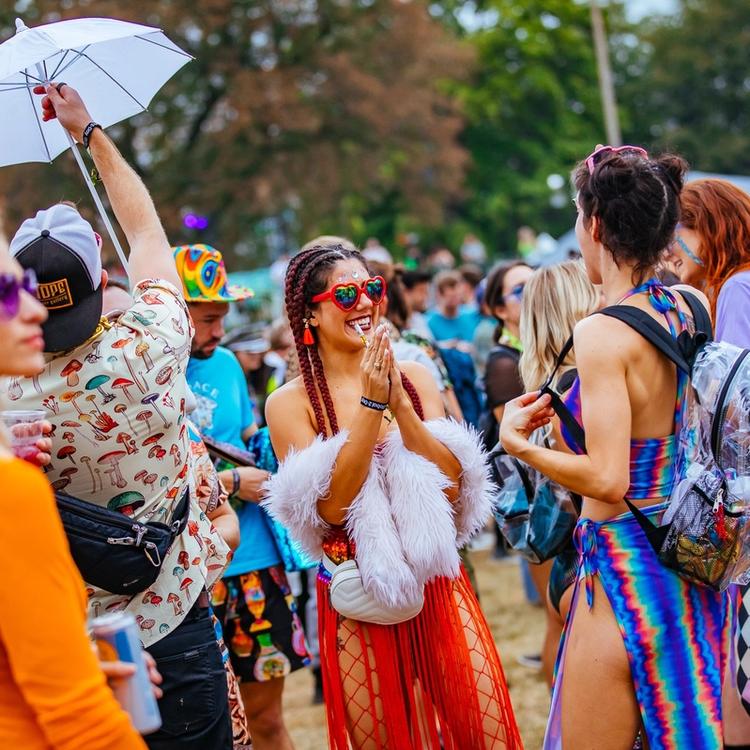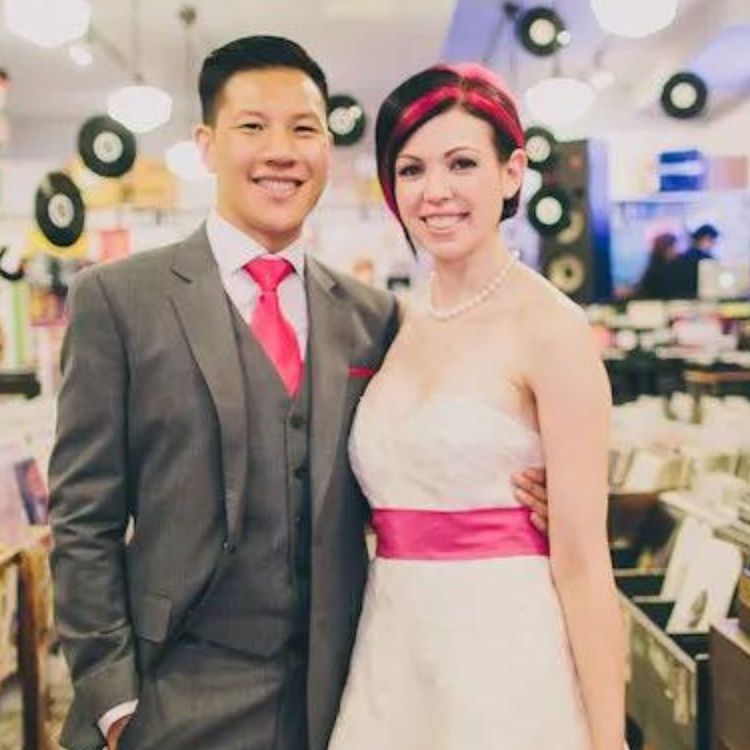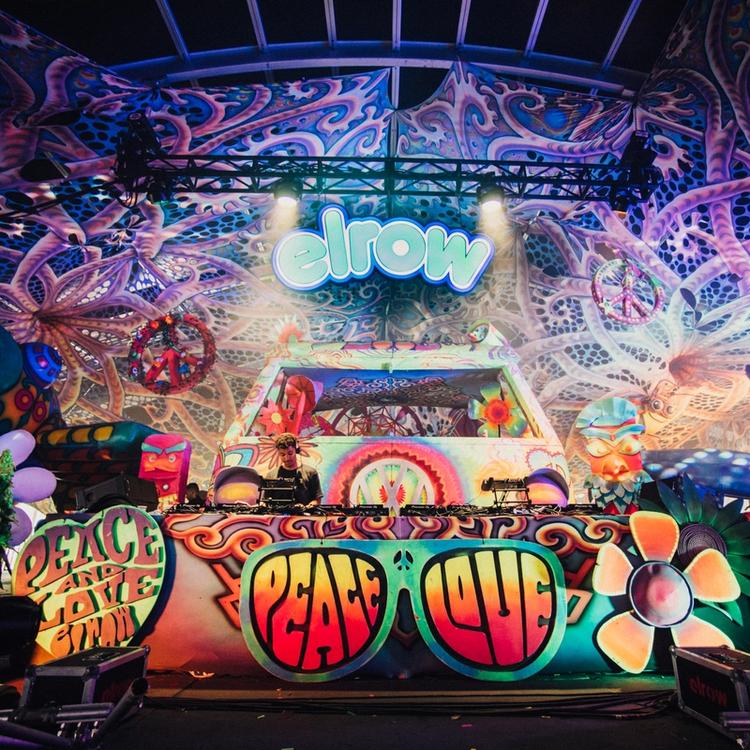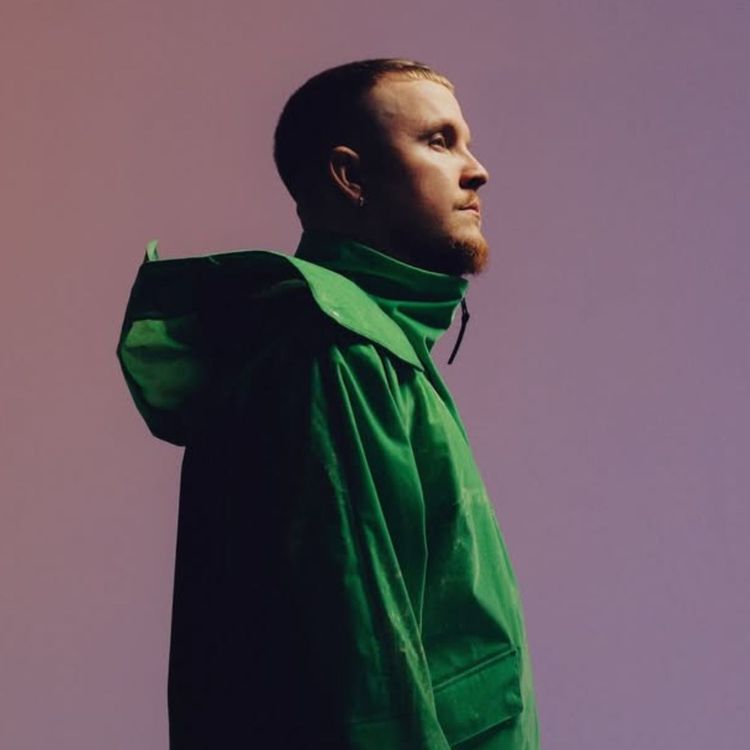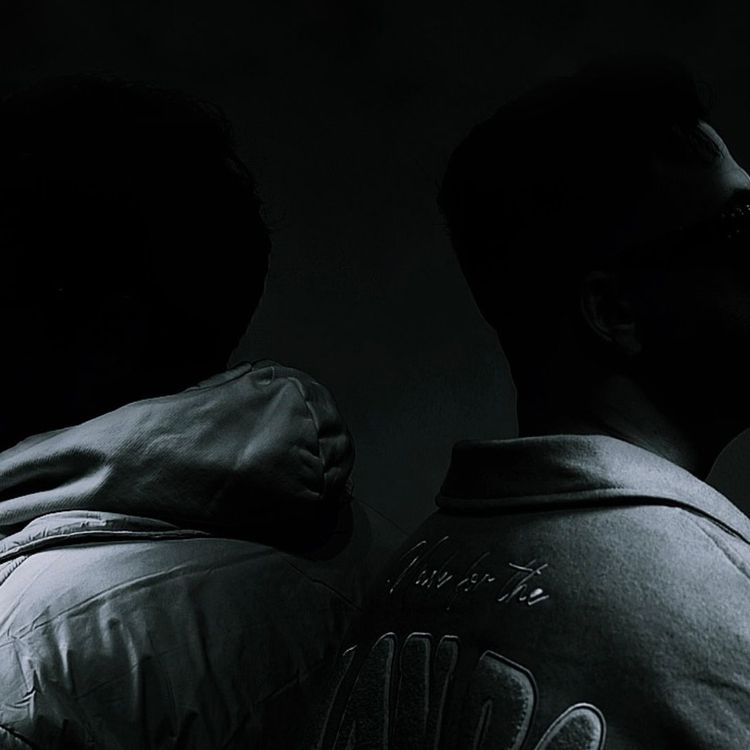House Music Thrives at Chicago's Gramaphone Records
In 1969, Gramaphone Records opened on North Clark Street in Chicago. Back then, the area was known as record store alley, with multiple shops hawking similar offerings. In the early '80s, when house music began to get the youth of Chicago joyously jacking their bodies, Gramaphone began to focus on dance music, thanks to Andy Moy, the manager at the time.
It began as a selection of house 12-inch records behind the counter that patrons could ask the friendly staff to play on the record player behind the counter. If you liked it, it was yours—unless someone wanted to fight you for the last copy. Soon enough, as the scene and its subgenres grew, locally and globally (they still have UK jungle and dubstep sections), dance records came to dominate the space. It has occupied a larger—yet still intimate and inviting—space since 2005, under current owner Michael Serafini. As you walk across its black-and-white checkered floors, you can dig through records meticulously organized by dance genres and subgenres, with a small section for other music.
The 53-year-old beloved Chicago intuition is known for having friendly and knowledgeable staff to help you find exactly the sound you're craving and to discover something new. It truly is a DJ's record store. Legendary Chicago DJs, back when they were carving out a name for themselves in the growing local scene, including Derrick Carter, DJ Heather, Collette, Mark Farina, and DJ Sneak, worked there during the golden era of Chicago house in the late '80s through mid-90s. Ravers and fellow DJs would come in to find out what records they'd played last night, like an analog Shazam. And long before you could enjoy them on SoundCloud, artists would sell their mixes at Gramaphone.
"If you came in there in the '80s and '90s, you would see some of the hottest DJs on the scene actually working there and helping you find the music you needed, whether you were into rock or alternative, new wave, techno, house or the mix show format. We were getting [the music] before a lot of people. This is when radio didn't dictate music. It was in the clubs first, then radio got hold of it," former Gramaphone employee Jesse De La Pena, currently of local independent station Vocalo Radio, told NPR in 2021.
"I can think of Saturday afternoons, everybody was there getting their music for the parties that were going on in the weekend," De La Pena said. "You would be patiently waiting your turn to grab a turntable so you could listen to some new tunes. If you heard something, you'd signal out that you'd take it. But I've seen altercations over that last record in Gramaphone."
It was, and remains, an important community space in the Chicago dance scene, a friendly meeting place for DJs, ravers, club owners, independent radio hosts, and other house heads to meet and discover new artists and sounds. Beyond being a hangout space, they host events like album release parties and even the odd wedding.
"One thing that people should know about Gramaphone Records, is that when they walk in the store, they're actually walking in the footsteps of legends that have come into that store," house forefather Steve "Silk" Hurley shared in the Vocalo radio 2020 mini-documentary (watch above).
The store has eight listening stations, where you can hear the underground records and discover artists that may not be on your radar yet, and that the streaming service algorithms may never serve you.
"If you're not from Chicago and you're interested in electronic music or house music, 'til this day Gramaphone does a great job of curating a lot of cutting-edge music in various genres," De La Pena added. "[The] majority of big DJ producers that come in from Europe or Japan, they all got to make it by Gramaphone. It is a must-stop if you make it to Chicago."
Gramaphone has Chicago hip-hop roots as well—before he was famous, Kanye West used to sell his mixtapes there.
Check out Gramaphone's website and Discogs to tap into their house magic.
